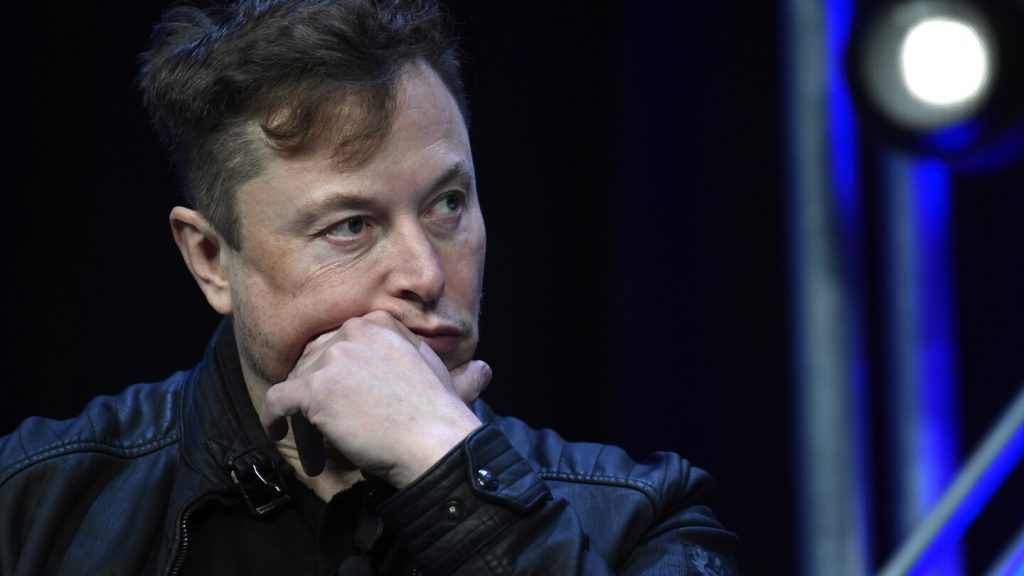Brazil has taken a drastic step by blocking Elon Musk’s social media platform X after the company refused to comply with a judge’s order to name a legal representative in Brazil. The suspension of X marks an escalation in the ongoing feud between Musk and Supreme Court Justice Alexandre de Moraes over issues related to free speech, far-right accounts, and misinformation. The telecommunications regulator Anatel instructed internet service providers to suspend access to the platform, leading to major operators blocking X as of Saturday at midnight local time. De Moraes had warned Musk of the potential block if he didn’t comply with the order.
In response to the suspension, de Moraes criticized Musk for showing disrespect towards Brazilian sovereignty and the judiciary, accusing him of acting as a supranational entity immune to the laws of each country. The justice has stated that X will remain suspended until it complies with the orders and has imposed a daily fine for individuals or companies using VPNs to access the platform. The dispute has also resulted in the freezing of the bank accounts of Musk’s satellite internet provider Starlink in Brazil, one of X’s major markets. X has struggled with the loss of advertisers since Musk acquired the platform, with about 40 million Brazilians accessing it monthly.
X CEO Linda Yaccarino expressed disappointment over the blockage, stating that Brazil is failing to uphold its constitutional pledge to avoid censorship. X had previously indicated that it expected to be shut down by de Moraes for not complying with what it termed as illegal orders to censor political opponents. The platform has clashed with de Moraes over its hesitance to follow orders to block users, including lawmakers affiliated with former President Jair Bolsonaro’s party. Musk, known for his stance on free speech, has criticized de Moraes and labeled his actions as censorship, which has been supported by Brazil’s political right.
De Moraes cited Musk’s statements as evidence of X’s intention to encourage extremism, hate speech, and anti-democratic discourse, leading to his decision to suspend the platform. The justice has included Musk in an investigation over the dissemination of fake news and accused him of obstruction. Despite Musk’s claims of censorship, de Moraes maintains that his actions are legal and necessary to protect democracy. The dispute has also involved potential fines for individuals using VPNs to access X and the freezing of Starlink’s assets due to unpaid fines by X.
The shutdown of X in Brazil is not unprecedented, with other tech companies like Meta’s WhatsApp and Telegram facing similar threats by Brazilian authorities. X and its predecessor, Twitter, have been banned in various countries for different reasons, including spreading misinformation or quelling dissent. Brazilian users have begun seeking VPNs to access X, raising concerns about how authorities will enforce fines for bypassing the block. Musk has responded to the freeze on Starlink’s assets with insults towards de Moraes, promising to provide free internet service in Brazil until the situation is resolved.
Legal experts have raised concerns over the freezing of Starlink’s assets, stating that it may not be justified as the two companies, X and Starlink, are not necessarily part of the same economic group. While the suspension of X followed warnings and fines, targeting Starlink raises questions about the extent of the enforcement actions. The ongoing dispute between Musk and de Moraes reflects a broader battle over free speech, censorship, and the responsibilities of tech companies in ensuring compliance with local laws. The outcome of this conflict will likely have significant implications for the regulation of social media platforms in Brazil and beyond.


